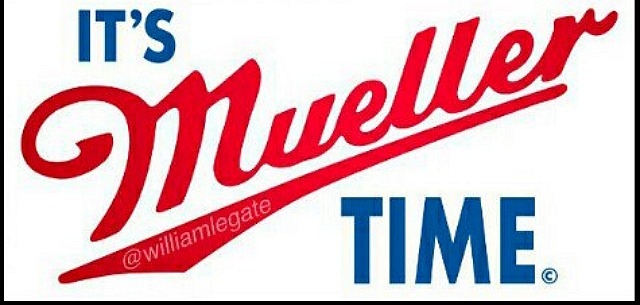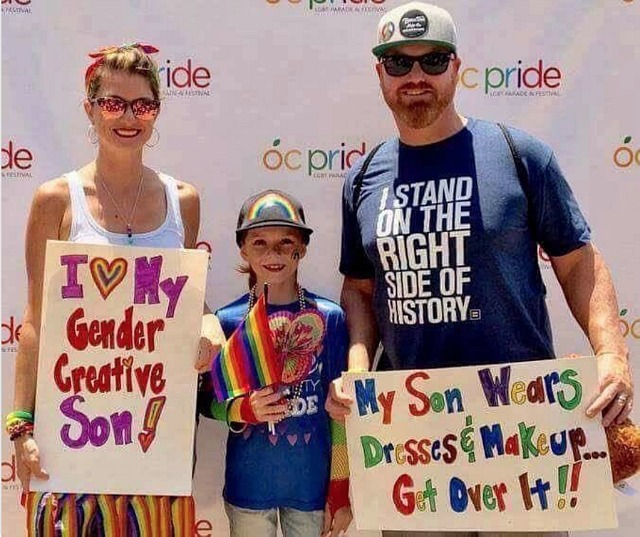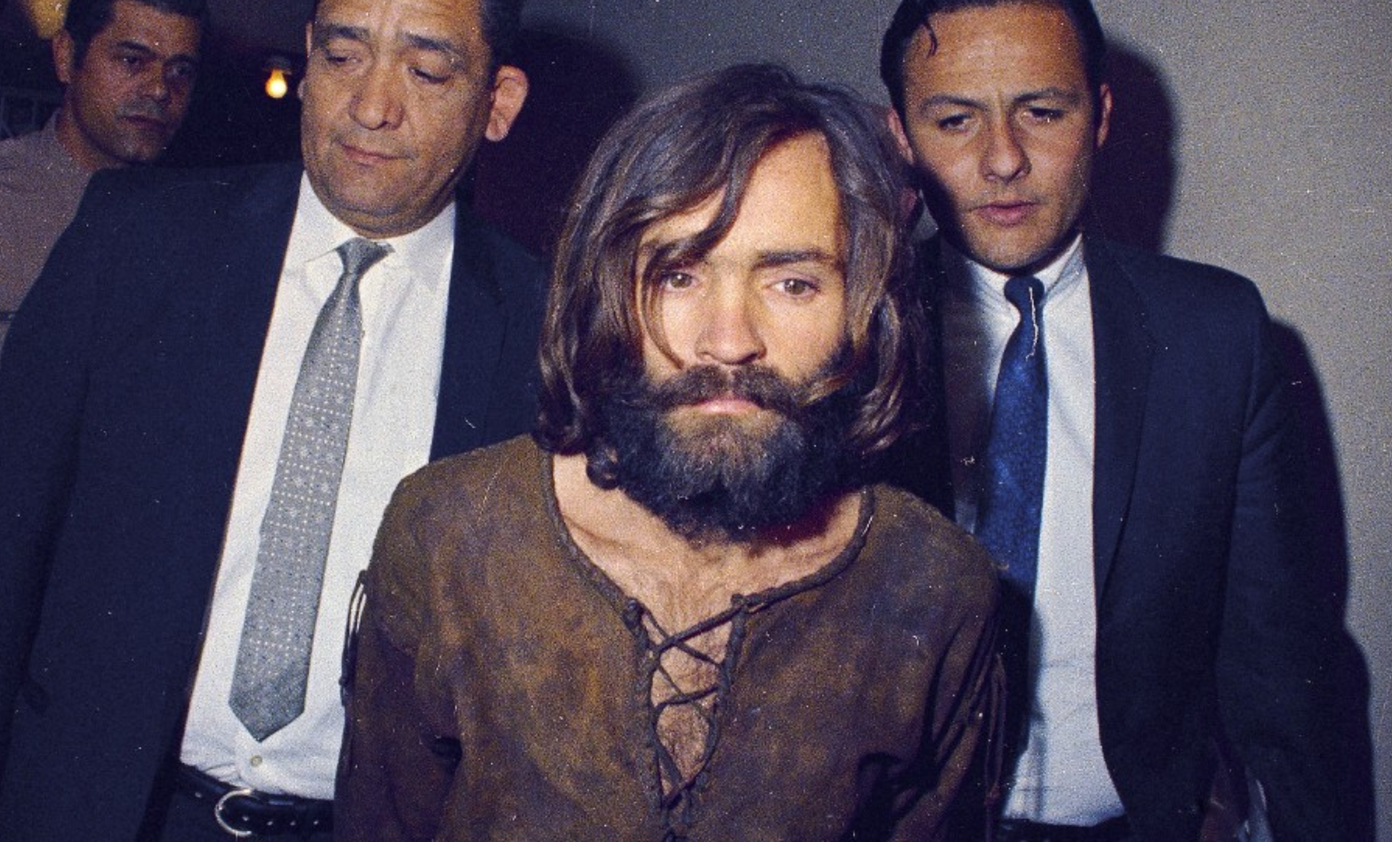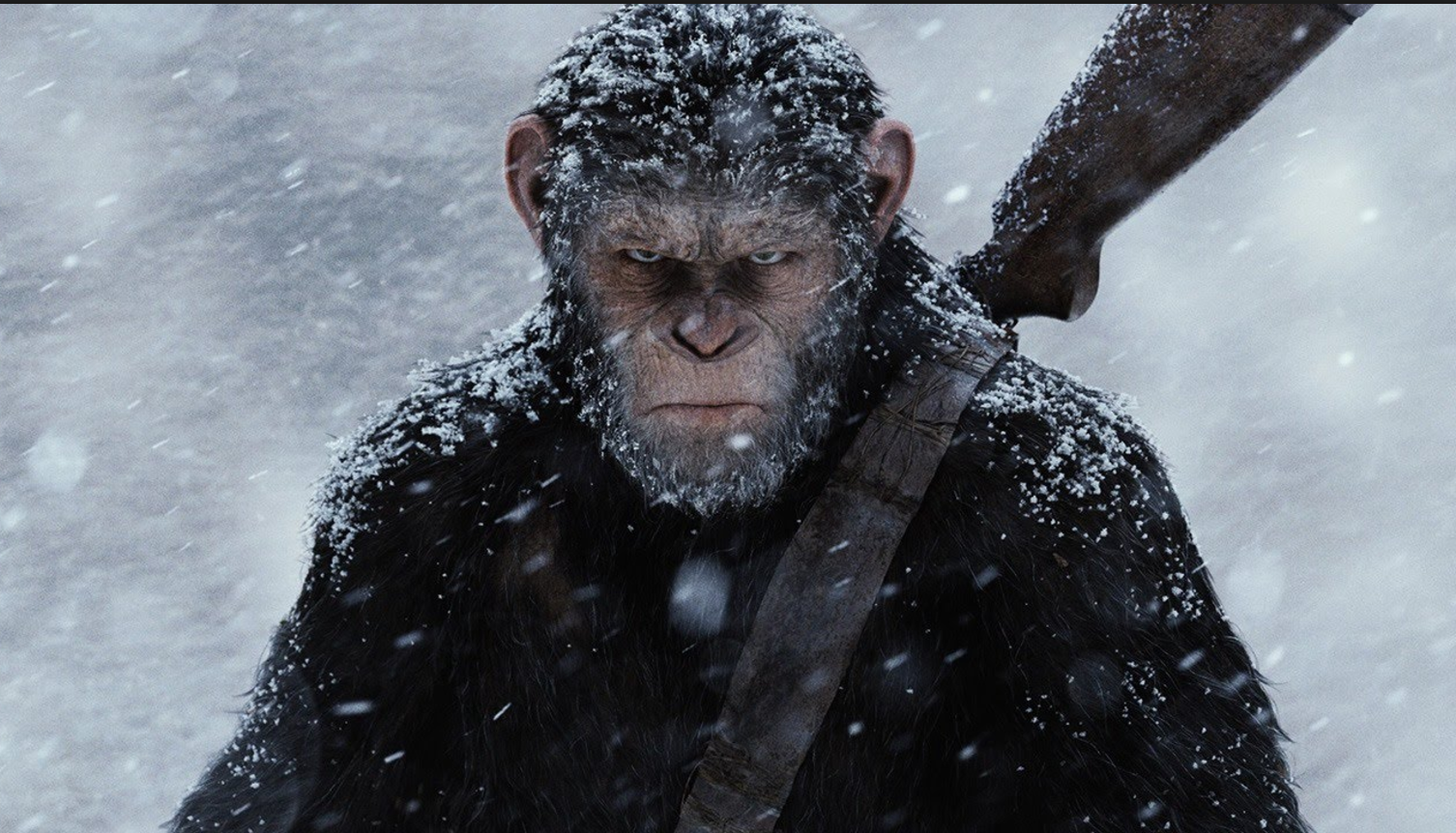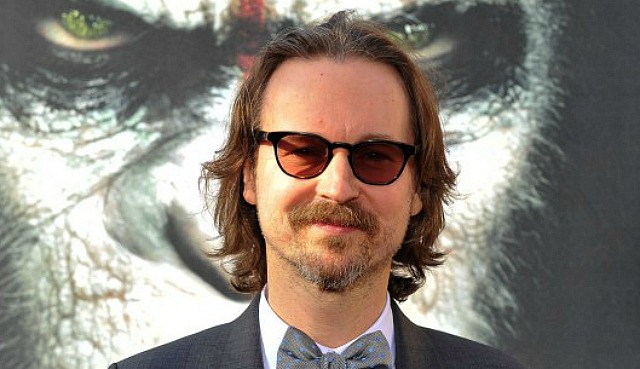No hyperbole here. I’m going to play it cool and calm. Matt Reeves‘ War For The Planet of The Apes is a grounded, eye-filling super-epic, but I’m not going to get carried away. So I won’t be calling it a delivery device for some magical movie potion or, you know, a blessed and majestic achievement for the ages or the answer to any of your personal prayers. Well, maybe one: “Oh Lord, please save us from the scourge of summer movies by giving us a great film — primal, painterly, deeply rooted, character-driven, beautifully fused — that just happens to have a mid-July release date.”
Yes, it’s a franchise flick (further installments are probably inevitable) but Reeves, director of the second and third installment in the 21st Century apes trilogy, has enhanced the brand above and beyond. War is part popcorn and part arthouse, and graced with exquisite chops start to finish. It’s a kind of wintry Apocalypse Now in simian…wait, I said no hyperbole.
But it is that, dammit. A dystopian thing, an emotional tour de force, a band-of-brothers film, a ferociously realistic war movie, and — I love this — a kind of Great Escape meets Escape From Alcatraz in a snow-covered (you could almost say enchanted) forest. The key terms are “measured just so”, “exquisitely composed” and “the whole greater than the sum of the parts.”
War traverses the realms of smart summer tentpole, masterful art-film composition and epic storytelling at a high emotional pitch. If the snoots and the slovenlies are equally satisfied you know a film is up to something extra.
So yes, War For The Planet of the Apes is an answered prayer of sorts, except God had little to do with it. Okay, maybe in the usual sense (i.e., God as co-pilot or the vague architect of destiny), but it was Reeves who Pattoned this thing…who rolled up his sleeves, came to grips, demanded certain standards, co-wrote the War script with Mark Bomback, led his troops into the forested northwest and made a couple of thousand creative decisions over three and a half years.
Rupert Wyatt launched the apes trilogy in 2011, but Reeves has carried the weight since late ’12 and has now brought it home.
It would sound obsequious to call him the simian maestro, but we can at least say that Reeves is the Peter Jackson of this exquisitely hairy CG realm. The Academy waited for Jackson’s Lord of the Rings: Return of The King before handing him a Best Director Oscar, even with the layered and laborious Return (be honest) not being all that great. But War is a staggering piece of work — ask any big-league critic. Surely a similar consideration is due to Reeves for concluding an epic saga on such a grand and Spartacus-like note.
Read more


